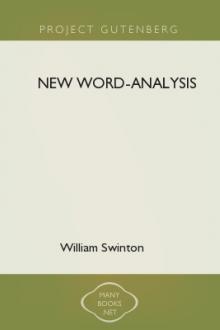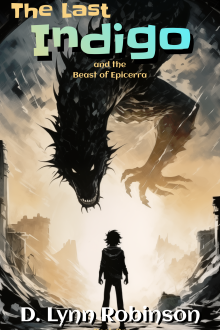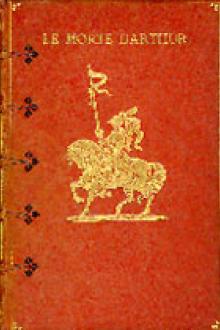New Word-Analysis
New Word-Analysis
Or, School Etymology of English Derivative Words
Book Excerpt
n preceded by a consonant, is generally changed into i on the addition of a suffix.
EXCEPTION 1.--Before ing or ish, the final y is retained to prevent the doubling of the i: as, pity + ing = pitying.
EXCEPTION 2.--Words ending in ie and dropping the e, by Rule I. change the i into y to prevent the doubling of the i: as, die + ing = dying; lie + ing = lying.
EXCEPTION 3.--Final y is sometimes changed into e: as, duty + ous = duteous; beauty + ous = beauteous.
Rule IV.--Final "y" preceded by a Vowel.
Final y of a primitive word, when preceded by a vowel, should not be changed into an i before a suffix: as, joy + less = joyless.
Rule V.--Doubling.
Monosyllables and other words accented on the last syllable, when they end with a single consonant, preceded by a single vowel, or by a vowel after qu, double their fin
FREE EBOOKS AND DEALS
(view all)Popular books in Language, Reference, Fiction and Literature
Readers reviews
3.0
LoginSign up
i feel it is a nice approach to deal with words
- Upvote (0)
- Downvote (0)
Popular questions
(view all)Books added this week
(view all)
No books found

 Free Download
Free Download




























